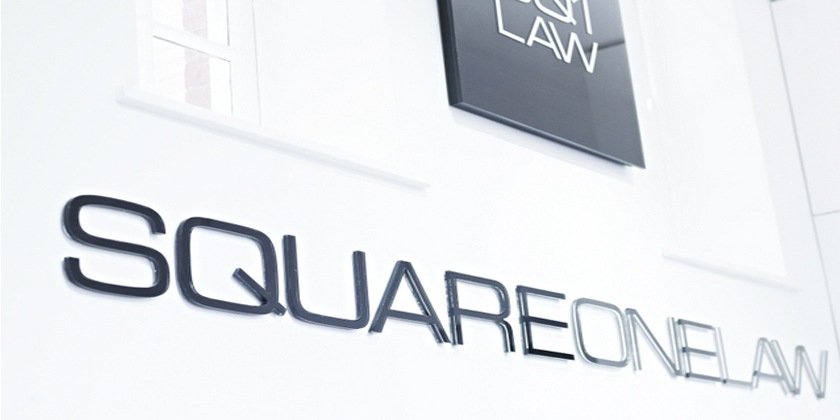What makes a good brand?

Gill Gilthorpe, branding consultant to Square One Law, discusses how collaborative working can help improve and strengthen a brand.
I’m often asked what makes a good brand and there is no simple answer, particularly in today’s challenging marketplace where brands have to compete in an overcrowded and noisy space.
A distinctive brand starts with a compelling idea that may be a disruptor in the marketplace, but certainly should capture the customers’ attention. Good brands start from the inside out and are about creating the desired culture that will support the vision of the organisation. They have a core purpose that is the driving force, and this is well communicated throughout the business. Customer service is a key focus for these organisations and their people understand they need to demonstrate passion and consistency in that delivery, whether of its services or products.
When people talk about brands they generally think of logos, websites and marketing events, but brands are about how you make your customers feel. They are about the quality and consistency of your people and the service they give. A strong brand not only attracts new customers, but will also create repeat business and endorsements.
To do this you need to focus on your values and the internal communication within the business. Think about how you recruit, induct and train your people. Do they understand what the vision is for the organisation, where it is going and what role do they play in its development? Do the behaviours of your people and, in particular, your leadership team fit with the culture your brand wants to promote externally? We’ve seen in recent months how behaviours from certain individuals can have a very negative impact on brands. The speed and connectivity of social media also has a huge influence on developing and promoting brands, but equally the wrong messages about the organisation or its people can have devastating effects.
A brand’s position, purpose and culture should all be employed by management to guide decision making, and leading brands fully understand how important it is to have a cultural fit that is supportive to brand strategy. A supportive internal culture that has a feeling of ownership strengthens employee engagement and has a far better chance of delivering an outstanding service. Companies who align their internal and external brand messages, and most importantly stay relevant, have seen more collaborative working and an increase in productivity.
I was asked to help Square One Law develop a new legal brand six years ago. The legal marketplace is overcrowded and traditionally resistant to change, but here was a firm that wanted to challenge the status quo and create something fresh, different and more agile than its competitors. We talked about going back to square one and building an internal brand and culture that would create a relevant service for today’s marketplace – and that’s how I came up with the name Square One Law.
The firm totally focuses on its clients and puts them at the heart of all it does and has been successful because of the strong relationships its people have built with their extensive range of clients. They’ve attracted a very talented, engaged team of lawyers who understand that communication is key and their teamwork, and the way they put their clients first, has created a very successful brand.
